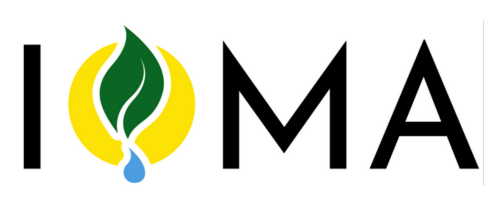 | Indiana Outdoor Management Alliance |
IOMA WINS
The Indiana Outdoor Management Alliance (formerly Green Industry Alliance until 2021) began in 2004 in response to a proposed law that would have placed onerous and unreasonable restrictions on pesticide application. Several trade associations, including the Indiana Professional Lawn and Landscape Association, the Indiana Nursery and Landscape Association, and the Indianapolis Landscape Association pooled resources to form what is today IOMA. That same year, IOMA chose The Corydon Group (TCG) to represent them and their associations as the alliance’s governmental affairs consulting firm. Working together IOMA is the voice for the nursery, landscaping, irrigation, groundwater, and greenhouse industries. Over the last two decades, IOMA, through its partnership with The Corydon Group, has successfully worked to pass legislation and promulgate rules to enhance, grow and defend our industries, contractors, and employees. IOMA and its members are now a well-known organization with several key members of the Indiana General Assembly – many of whom make it a point to attend IOMA’s legislative luncheon at the Statehouse every January. |
2025
2024
2023
2022
2021
2020
2015
2014
2012-2013
2012
2011
2008
2007
|
A Unified Voice Representing Every Facet of the Outdoor Management Industry. | IOMA (317) 721-2573 |